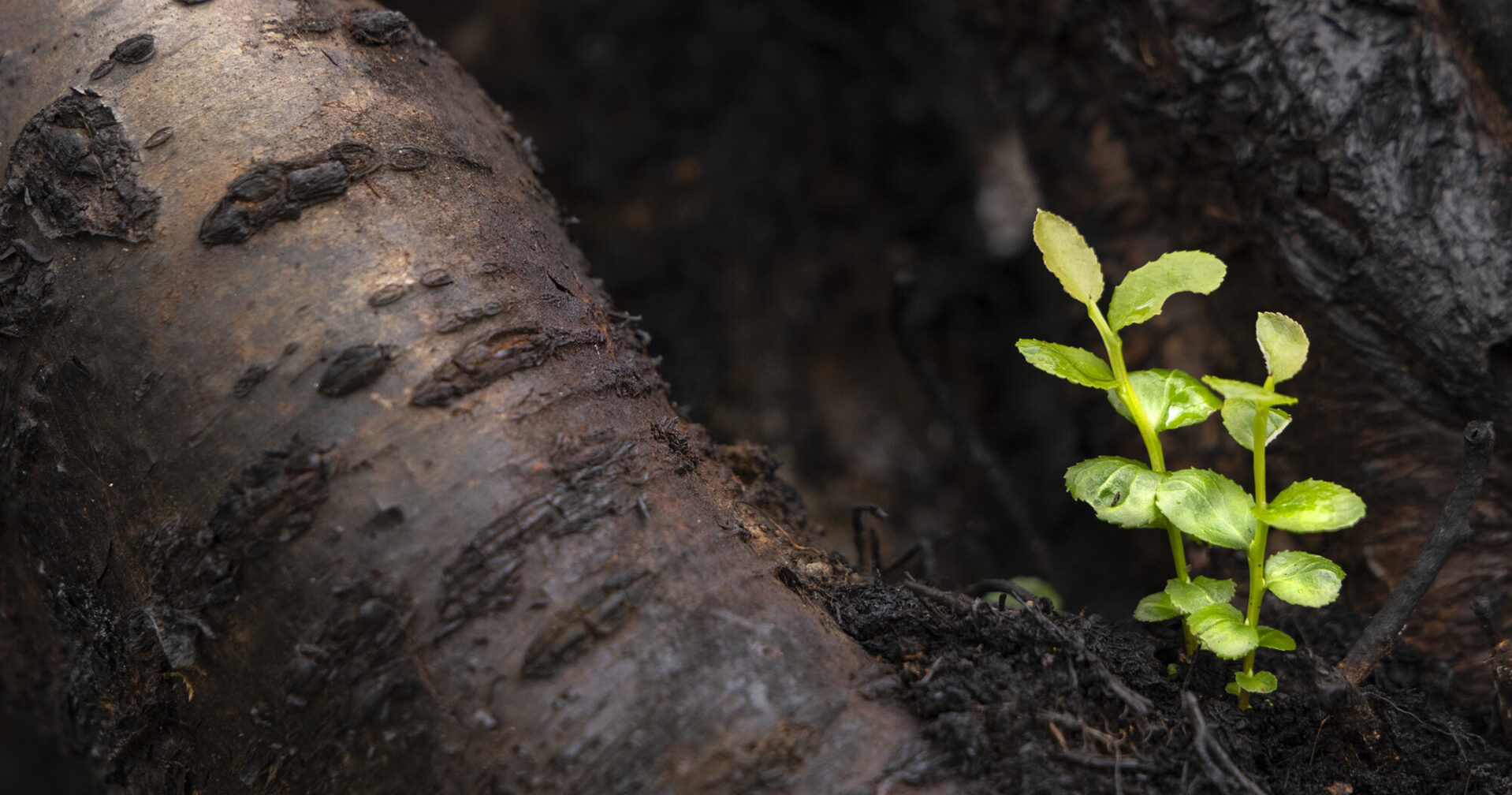Climate change is increasing the risk of catastrophic wildfires in the Mediterranean. A new study based in Portugal’s Gran Coa Valley suggests that a holistic landscape management approach may be the most effective way to prevent such outbreaks, with rewilding playing a key role.
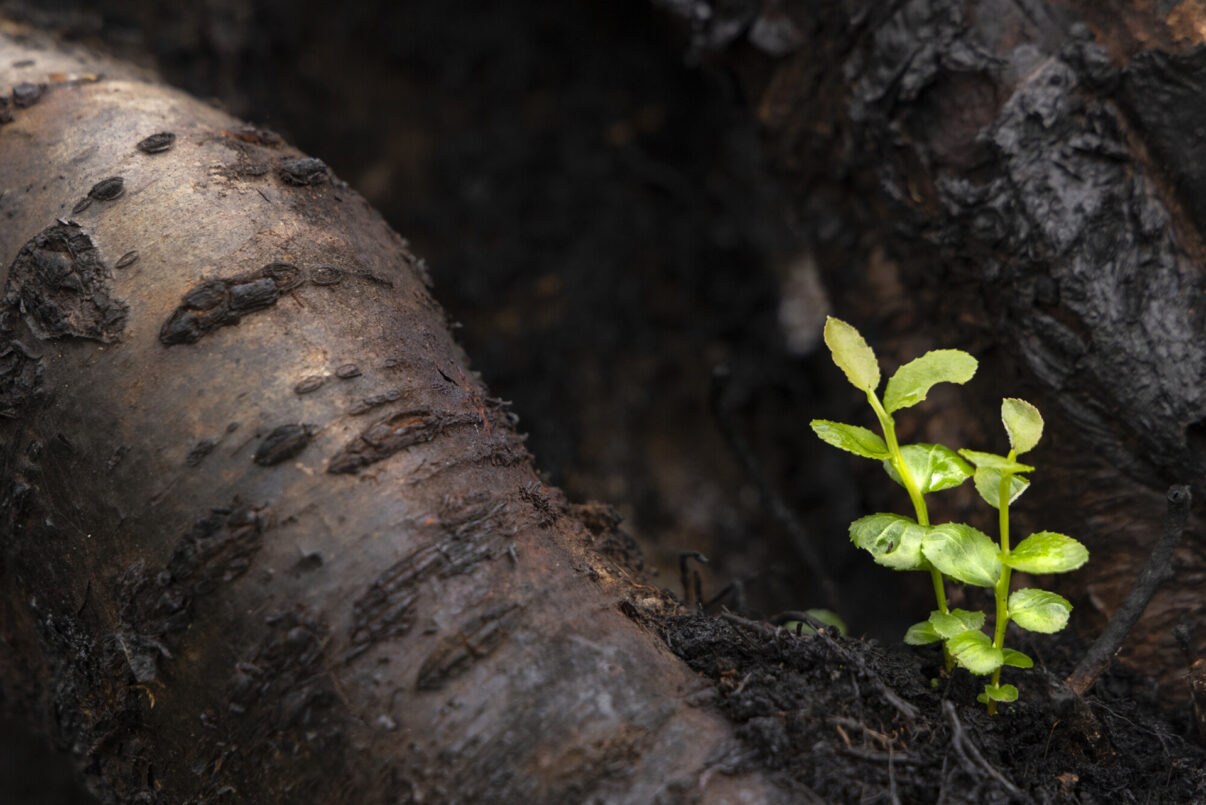
james shooter
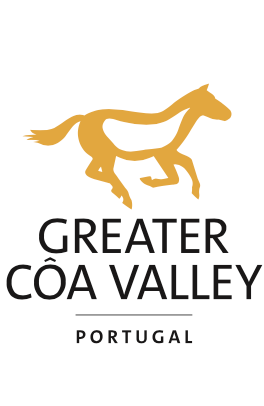 Wildfires continue to increase
Wildfires continue to increase
In many landscapes, naturally occurring wildfires support biodiversity, regulate nutrient flows, and maintain habitat. However, climate change is increasing the incidence of catastrophic wildfires, which can have devastating impacts on wildlife, property and people.
Rising temperatures and longer, more severe droughts mean such fires burn more frequently, faster, more intensely and last longer. Many parts of Europe are at risk, especially the Mediterranean. In 2023, the area of fires in the EU region was approximately twice the size of Luxembourg, covering an area of more than 500,000 hectares.
Climatic factors are just one reason for the increased risk of catastrophic wildfires in the Mediterranean. Many of these areas have experienced rural depopulation and land abandonment over the years. As people left the land, the number of grazing livestock declined dramatically. With the diversity and abundance of free-roaming wild herbivores, such as deer and ibex, unusually low or absent in many areas, the lack of any form of grazing means the landscape is increasingly dominated by young, often drab forests or Covered by dense bushes. The spread of this flammable vegetation, combined with dense plantings of pine and eucalyptus, makes these areas increasingly vulnerable to wildfires.
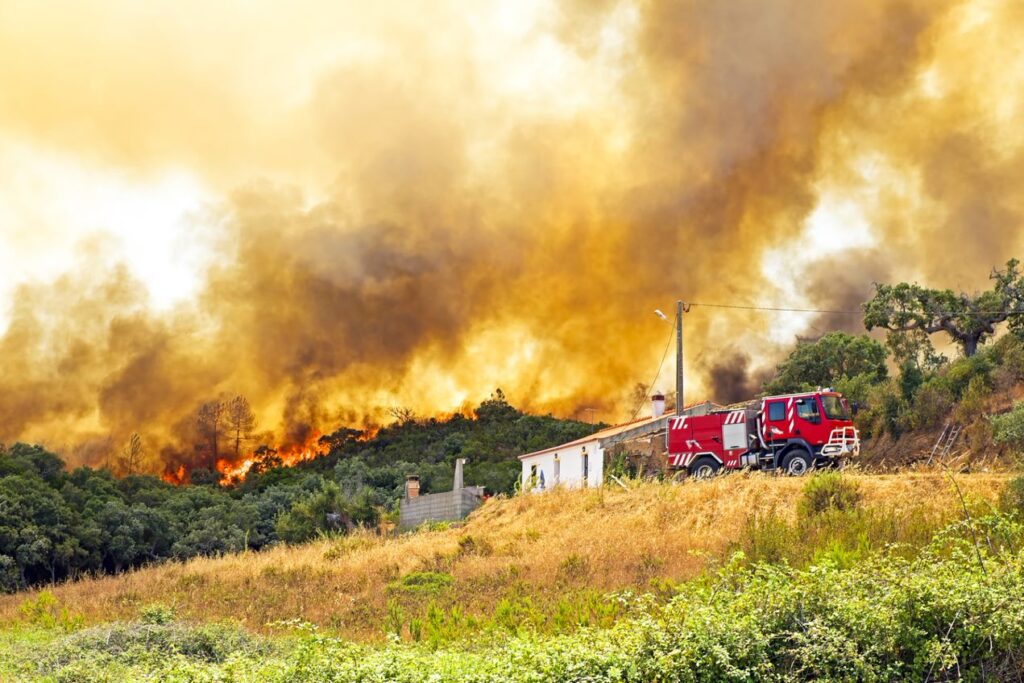
Nisangha/iStockphoto
Rewilding as a solution
one new research Wildfire outbreaks in the Gran Coa Valley, Portugal, are studied. The study, published in the scientific journal Fire Ecology, shows that efforts to reduce the risk of catastrophic wildfire outbreaks in the Mediterranean region could benefit from a more holistic approach to landscape management that takes into account a variety of ecological, socioeconomic and climatic factors. Rewilding plays a key role in this approach.
Enhance natural grazing free-roaming herbivores such as horses and Taurus This is an important solution in terms of reducing wildfire risk because these animals consume flammable vegetation. This is what this herbivore – so-called “grazing fire brigade” – is being reintroduced into many rewilding landscapes across Europe, including the Grand Coa Valley. However, the findings indicate that analyzing and mitigating wildfire outbreaks is a complex process and that wildfire incidence in many regions can be further reduced by taking additional complementary measures and working with relevant stakeholders.
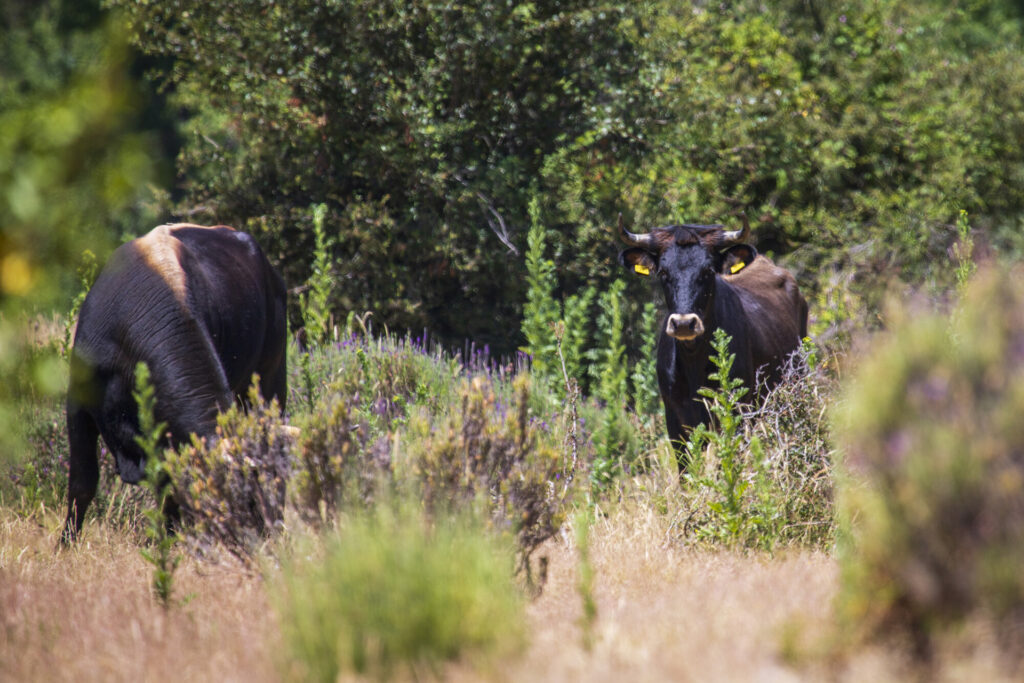
Nelek de Wade
human factors
The new paper shows that only 2% of fires in the Grand Coa Valley region are naturally occurring. Of the 89% of man-made fires in the Grand Coa Valley, two-thirds are caused by negligence, including pasture fires, unauthorized burning of crop residues and the use of machinery in hot weather. Pastoral burning is a technique historically used in valleys to clear and fertilize land for grazing of sheep and goats. The authors found that areas with higher sheep grazing densities were more prone to fire than other areas, which may be related to the practice that continues today.
The researchers also found that the average frequency of fires in the Grand Coa Valley is once every six years. If fires burn too frequently, which is a problem in many parts of Portugal, the ecosystem does not have time to regenerate and evolve into a more mature landscape, in which flammable shrubs are the dominant vegetation type. This effectively locks the landscape into a burning cycle.
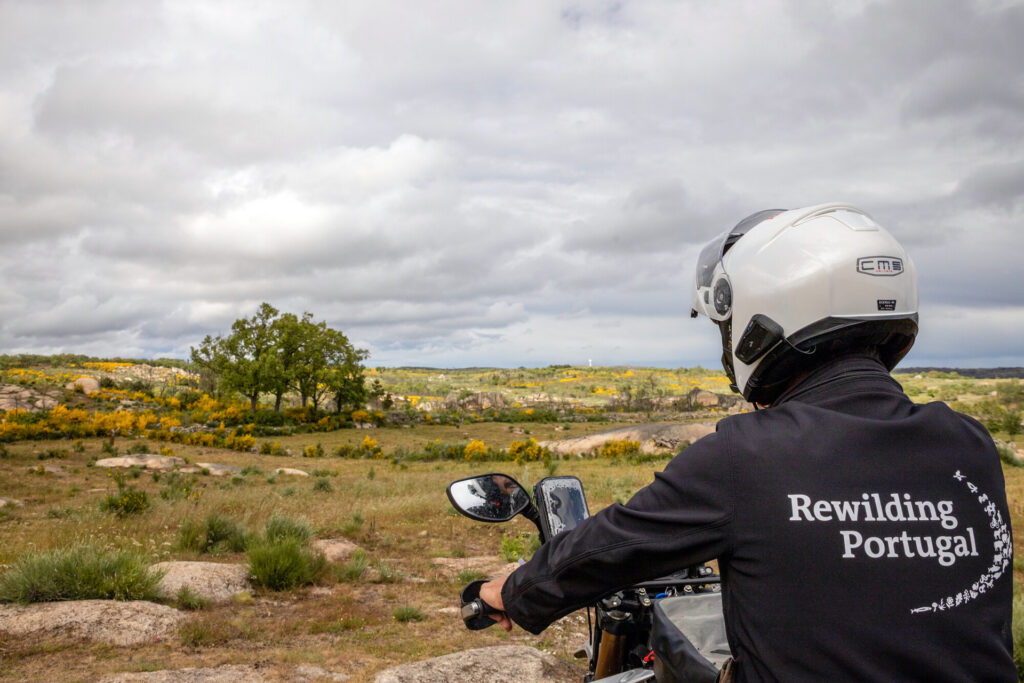
Ricardo Ferreira
Importance of grazing management
Domestic livestock grazing has been proposed as a means of reducing wildfire risk and is supported by subsidies in Portugal and across Europe. However, the findings suggest that the effectiveness of traditional livestock grazing practices in wildfire prevention depends largely on how those livestock are managed. Most livestock in the Grand Coa Valley graze alone (i.e. not with other grazing animals) on small plots of land and receive supplementary feed. This grazing does not appear to reduce fire risk. One reason may be that livestock feed only on green vegetation and not on the more flammable dry woody material. This difference highlights the unique ecological benefits of rewilding and the role of wild herbivores in creating more fire-resistant landscapes.
The team also found that the probability of fires in protected areas was reduced by 15%. This may be related to reduced public access and land use restrictions as well as Surveillance by Portuguese rewilding rangers in areas that are being rewilded. This may also be attributed to the protection and management of native forests in these areas, which include fire-resistant species such as cork and holm oak.
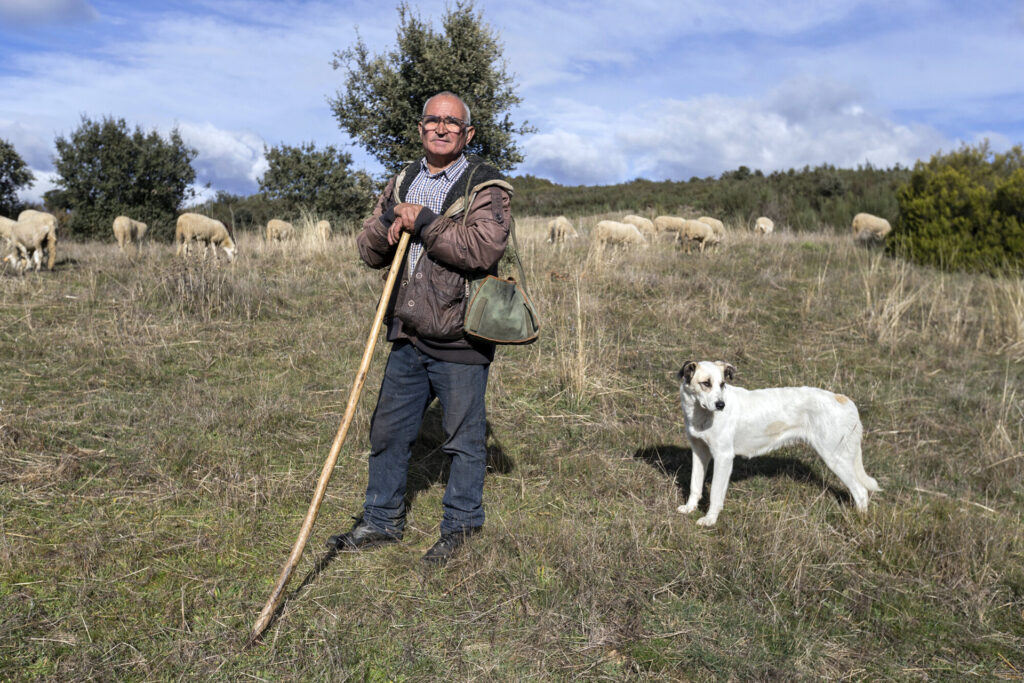
Daniel Allen/Rewilding Europe
integrated approach
Looking ahead, ongoing climate change means the risk of catastrophic wildfires in the Mediterranean will almost certainly increase, particularly on abandoned rural land.
The results of the new study suggest that grazing alone may not be an effective solution if livestock are managed incorrectly. A more holistic approach to landscape management that addresses the social causes of wildfire and incorporates nature-based solutions may be more beneficial in reducing wildfire risk. These solutions include releasing free-roaming wild and semi-wild herbivores into the landscape as part of rewilding programmes, which can also help fire-damaged areas recover more quickly while enhancing their biodiversity. Education, increasing public awareness, and restricting access to fire-prone areas during fire season may also be important tools in reducing fire risk in rural areas.
In the Grand Coa Valley, Rebuilding Portugal The team is addressing the social impacts of wildfire outbreaks by rewilding otherwise abandoned lands and promoting social and economic activity based on them. They also employ local people to help with fire surveillance, while recognizing the role of shepherds who work near rewilding reserves as land managers.
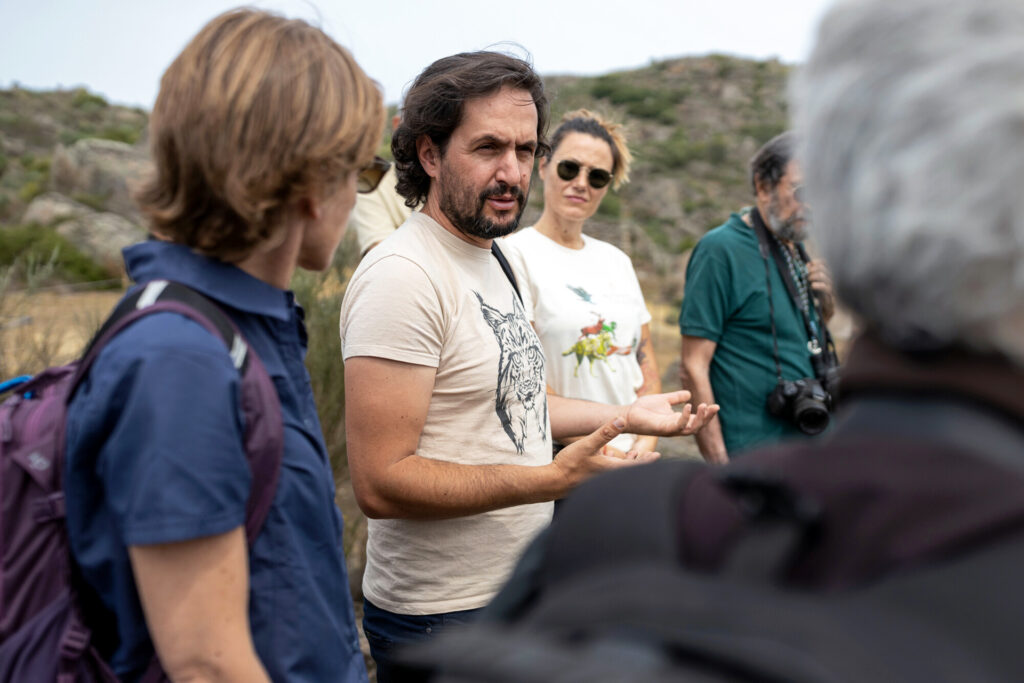
Crabdio Noi
Want to know more?

